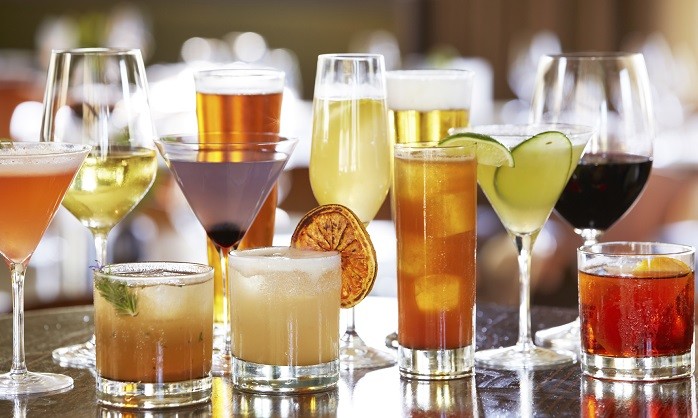
The objectives of the proposal are to update the rules governing excise duties on alcohol within the EU; pave the way for a better business environment; and reduce costs for small alcohol producing businesses. With regards to the latter objective, we are strongly concerned that it can and will not be reached as long as privileged tax positions for certain alcohol beverage sectors are maintained.
In fact, the current rates structure does not support entrepreneurship and effectively hampers the way towards a better business environment, in so far as the current practice discriminates against small commercial distillers when compared to the considerable benefits enjoyed by small brewers. 13 Member States already provide reduced tax rates for ‘small’ breweries defined as producing no more than 20 million litres of beer a year. The reduced rate threshold for these enterprises is thus 1,000 times higher than the one currently in place for small independent distillers.
Consumers’ interest in, and demand for, craft spirits has grown substantially in the last years. However, the proposed revised directive fails to reflect these developments in an adequate manner in the sense that it does currently not foresee any meaningful facility to support such small craft distilleries or to address the discriminatory excise structures.
To create a level-playing field and reduce costs for small distilleries, we consider it essential to introduce a reduced excise tax option for them. In line with this, we also believe that the application of a new mechanism to ensure that low-strength spirit-based drinks could benefit from reduced excise rates in the same way as low-strength beer does, would be a fair and adequate measure.
By the same token, we are strongly concerned about the draft provision for Member States to exempt from excise duties – or to apply reduced rates of excise to ethyl alcohol – up to 175 litres of fruit spirit per producing fruit grower’s household per year. Whether from the perspective of potential health risks or fair competition, the proposal gives rise to concerns related to lack of proper control mechanisms and frauds.
Let’s be clear: one of the key principles underpinning the EU’s tax Directives is that all spirits are in direct competition with each other and so should be subject to an identical rate of tax in the market in which they are sold. Hence, all legitimate producers are subject to the same, numerous layers of legislation covering issues as diverse as environmental controls, health and safety of workers, hygienic production, warehouse authorisation and obligations when transporting spirits so as to safeguard excise tax payments. These controls are borne by all commercial traders. None of these controls, however, would be imposed on home distillers. In conclusion, the proposed 175 litres threshold should be significantly decreased.